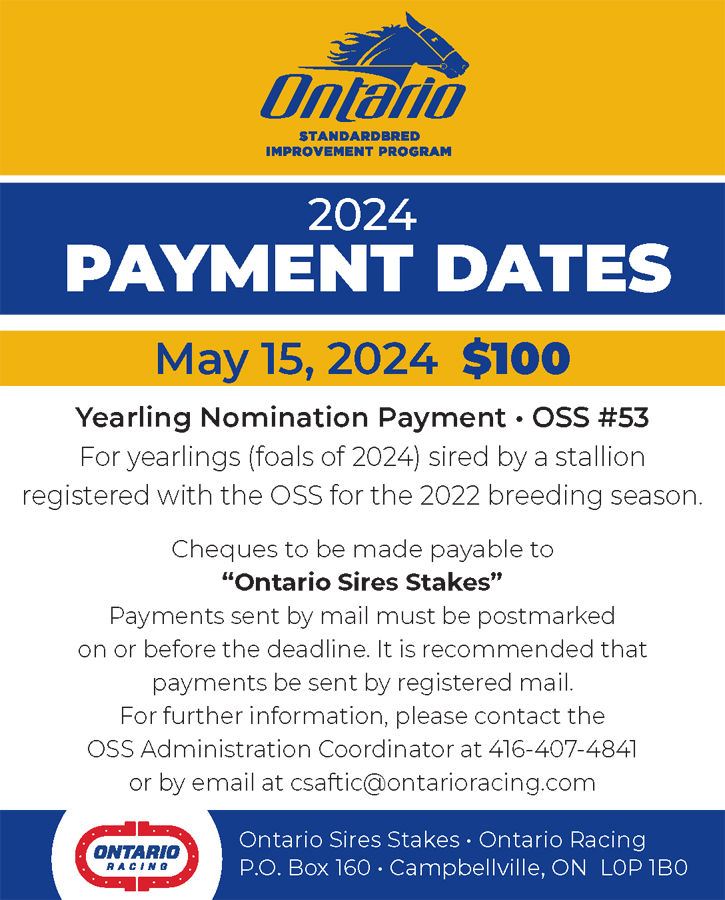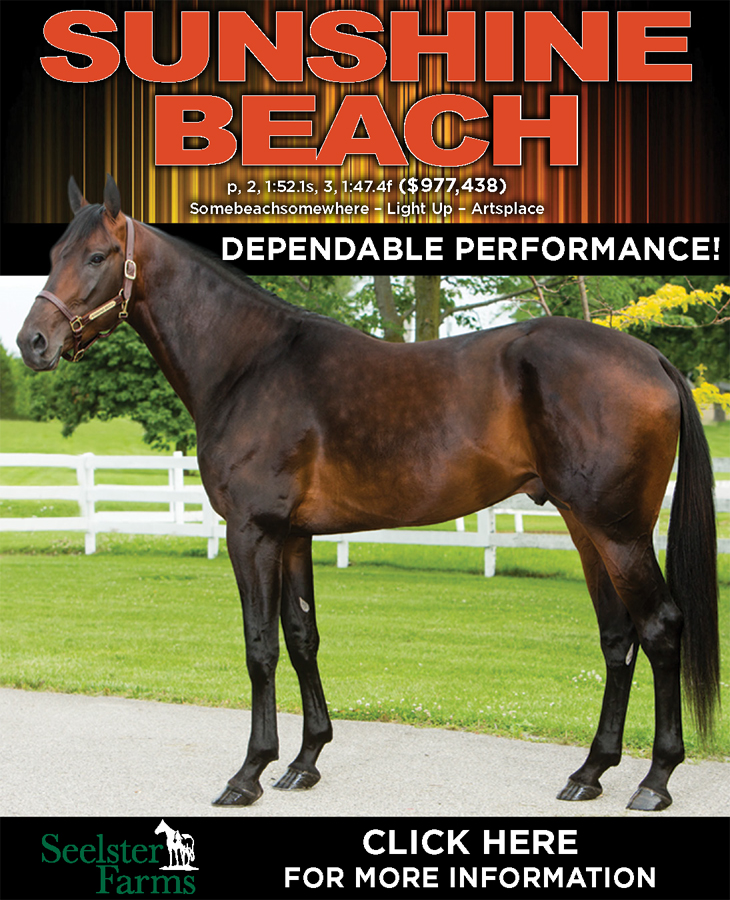

Smith and sports
by guest writer, Monte Blevins
We decided on the Final Furlong Lounge at the Ramada Inn for our annual Christmas hamburger. We are both 53 years old. Sammy Cubero is a cherubic, acerbic guy who works as a harness horse racing announcer. I’m a sports columnist for the local newspaper.
We knuckle-bumped, grabbed a table next to a space-age silver Christmas tree, and began a ritual we had performed several times on similar evenings.
He kicked off, “Greatest band of all time?”
“Stones.” I replied quickly, then, “Greatest Sports Illustrated swimsuit model?”
“Cheryl Tiegs. Scariest all-time movie?”
“The Fly, the old version, with Vincent Price. Greatest ever car?”
“57 T-Bird. Most scenic state?”
“Oregon, best country to move to when you get deported from the U.S.?”
A first-time question, a bit of a challenge. “France?” I said tentatively.
The bartender placed two beer bottles before us, smiled, and leaned back to listen to our nonsense.
Sammy plunged ahead. “Greatest sporting event you ever attended?”
I answered quickly. “A tennis match in Cleveland, probably in the late ’70s.”
“What?”
“No joke. A tennis match; I’ll never forget it.”
“Explain.” Sammy waved a hand before his face like a third base coach, signaling the runner
around third.
“I’ve been around sports all my life. I’ve seen more than my share, but this match was the best.
Please don’t hold me to details. This story happened a long time ago.”
I spoke slowly, “Pro tennis was big then, with stars like Connors, Evert, Borg, and Nastase. In those days, the racquets were wood, and the rallies did not have much topspin. Cleveland hosted a pro tennis tournament each summer. I covered it for my college newspaper. The tournament fell during a week of sweltering summer heat.
“The Cleveland tournament was part of a small-time pro circuit that only lasted a few years. They played on a string of courts near a freeway with trucks rumbling down the highway. They tore the courts down about 10 years ago. The players were mid-level for the most part, the prize money was crummy, and the attendance was poor. A few dozen spectators, if that, were at the match I’m talking about.
“One player you may have heard of… Stan Smith.”
Sammy nodded, “I remember the name.”
“Good, you should. Smith was a terrific player. He won the U.S. Open and Wimbledon. He was the top-ranked player in the world for a year or so. Not flashy, a tall, balding fellow, one of my favorites. At the time of the Cleveland match I’m talking about, Smith had lost a step, but he was still a hell of a player. What he was doing in Cleveland was beyond me, but I was thrilled to get the chance to see him play in person.
“Stan’s opponent was a lanky kid with curly black hair, spindly legs, and white socks pulled up almost to his knees. I don’t remember his name. The kid was a professional, and I remember him coming from a town like Redwood or Redstone, CA. I do not remember hearing his name before or after the match. The ‘California Kid’ drifted into the mists of time.
“Well, the match began as I expected. Stan Smith was the better player. He took the first set and took the lead in the second. It was just another match to this point. Suddenly, the California Kid rallies. He catches a few lines and pulls even with Stan. The kid starts playing out of his mind. Now, those asphalt courts were brutal. Stan was probably 15 years older, and his legs had a lot of miles on them.
“They played on, nip and tuck. I don’t recall if it was a tiebreaker or just a long set like 10-8, but Stan Smith lost the second set.
“Luck went against Stan, a let cord that dribbled over from the California Kid, and a couple of brutally bad calls that went against Stan. I believe one of the winning calls was out by plenty, but a 90-year-old linesman must have been in a coma. Stan glanced at him but did not say a word; he just pasted a smile on his face and strolled to his seat. The old linesman would have required a medic if that call went against Connors or McEnroe.
“So, they start the final set. It’s broiling. Maybe six of us can take the heat just sitting in the grandstands. They both take it up a notch. Stan is killing himself in this match in front of nobody, against a nobody.
“It was a war, a long, hard, hot war. The end of the match was much like the end of the second set. Stan Smith lost. He lost a heartbreaker on a series of bad calls, let cords, and once-in-a-lifetime shots by the kid. I damn near cried.
“Sammy, it was the minute after the final shot, a lucky let cord by the California Kid, which I’ll never forget. Stan jogs to the net. His legs are rubber, but he waits for the kid. He stands there drenched, with a smile on his face.
“He shakes the kid’s hand, not a half-assed, wimpy courtesy shake. Stan looks into the kid’s eyes, puts a hand on his shoulder, and says some words of congratulation that I couldn’t hear. They chat for maybe 30 seconds, and then Stan claps the kid on the shoulder.
“When Stan strode off that court, I swear he looked taller. It was the classiest thing I ever saw in sports. I just sat in the empty stadium, broiling in the sun. I was thinking about the whole thing’s dignity. Smith made the kid’s big day bigger. That day showed me how sports could be.”
Sammy tipped his beer glass in salute. “Great story. Why haven’t you ever written about it?”
“Too schmaltzy.”
“Well, I liked it. Winning wasn’t the whole story. You painted a nice picture of purity in sports.”
I peeled at the label on my bottle, “You know what stinks?” I answered myself, “It doesn’t sell. Only a handful saw it. The stadium would have been rocking if that match had been with McEnroe or Connors. The meek do not inherit the earth.”
I was getting revved up, “You know the biggest tennis audience ever, the most lucrative tennis match ever?” I did not wait for an answer, “Bobby Riggs against Billie Jean King, a ridiculously over-hyped battle of the sexes between a lesbian and a geriatric hustler brought in the money. That’s what people like to watch.”
Sammy took the reins, “Your Stan Smith story was cool, but who paid to see it? How much beer did it sell? How many cars did it sell? The tournament you enjoyed so much did not make it because it didn’t make money.”
We were quiet for a few moments. I sighed deeply and whispered, “It’s not right.”
“It’s not right, but it’s the way it has always been, and it feels like it’s getting worse.”
“Look at the daily local newspaper business and horse racing. We used to be kings, but now we are dinosaurs.”
We clinked bottles. I said, “Here’s to smart and principled dinosaurs.”
Sammy thought briefly, then said, “Harness horse racing in the winter is a business, a grind. My heart isn’t in calling the races. When the young horses come out to race in the spring, a little of the magic, the purity, returns. Even after 20 years in the booth, I get jazzed up. New young horses racing against each other is a purer sport for the owners, fans, and trainers. How much simpler does it get than my horse can beat your horse?”
He paused for a few seconds, then, “For some, horse racing is a business, but for many of us in the sport, the dreaming, the goodness, the buildup for each new crop, a young trotter in flight is where we find the magic. I believe many of us feel this way; a part of horse racing is a grind, and another part is pure sport.”
I nodded, and after a few minutes, I said, “Maybe your sport should try to harness that magic and turn it into money. Maybe begin with a condensed season, a specific season for young horses.”
We clinked glasses.














